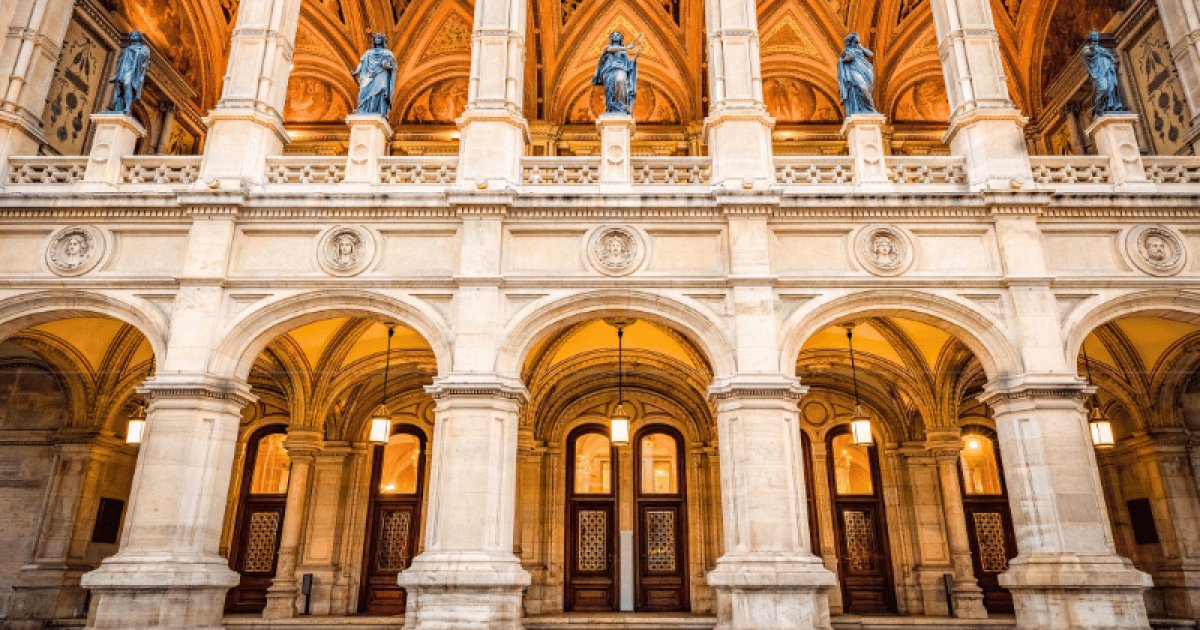Mozart's Don Giovanni
 Language: English / USA
Language: English / USA
"Don Giovanni" is an opera in two acts composed by Wolfgang Amadeus Mozart, with an Italian libretto by Lorenzo Da Ponte. It premiered on October 29, 1787, at the Estates Theatre in Prague. The opera mixes comedic and tragic elements and is considered one of the greatest operas ever written.
The opera is based on the legendary character of Don Giovanni, a nobleman libertine and unscrupulous seducer. The story follows his amorous adventures and the consequences of his dissolute actions. The main character, Don Giovanni, is accompanied by his servant Leporello, who provides moments of comedy and ironic commentary. Other important characters include Donna Anna, Donna Elvira, and Zerlina, each of whom has suffered from Don Giovanni's misdeeds.
The first act begins with Don Giovanni attempting to seduce Donna Anna and, during his escape, killing the Commendatore, Anna's father. From this point, the plot unfolds through a series of encounters and confrontations between Don Giovanni and his victims, culminating in a final scene where the Commendatore, returned as a statue, drags Don Giovanni to hell as punishment for his sins.
This composition by Mozart is celebrated for its emotional depth, complexity, and melodic beauty. The overture, which begins with dramatic and menacing chords, is one of the most well-known in the operatic repertoire. The arias and duets in the opera explore a wide range of emotions, from anguish and vengeance to desire and regret.


